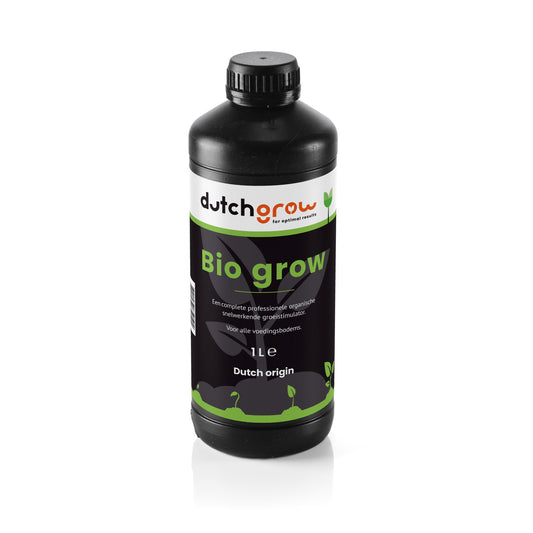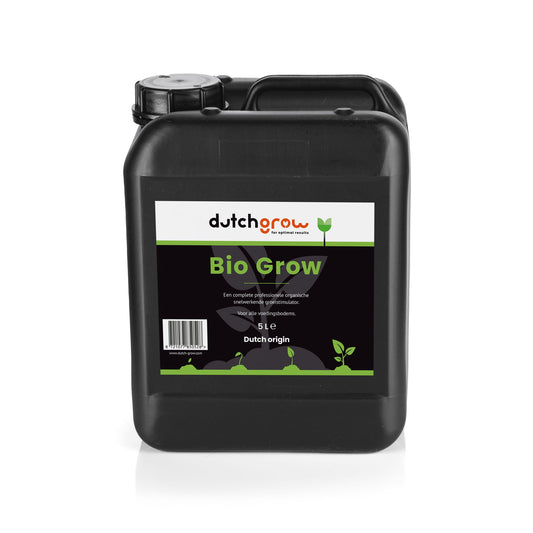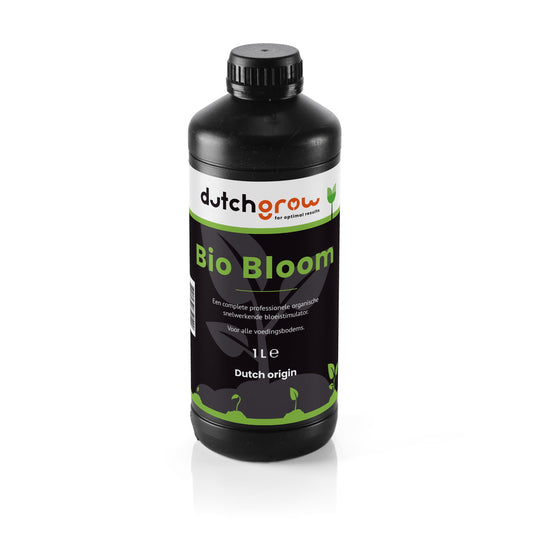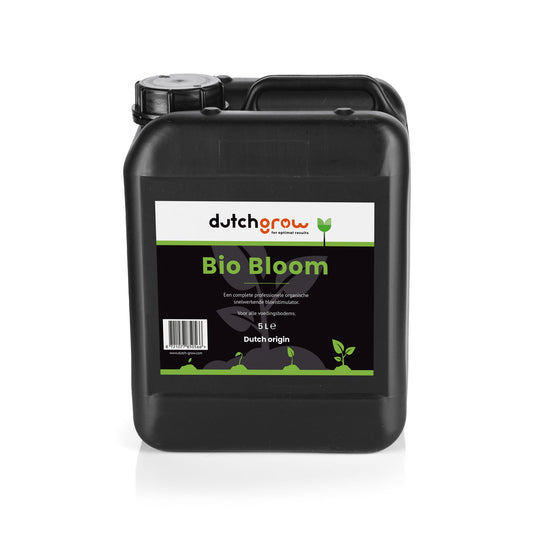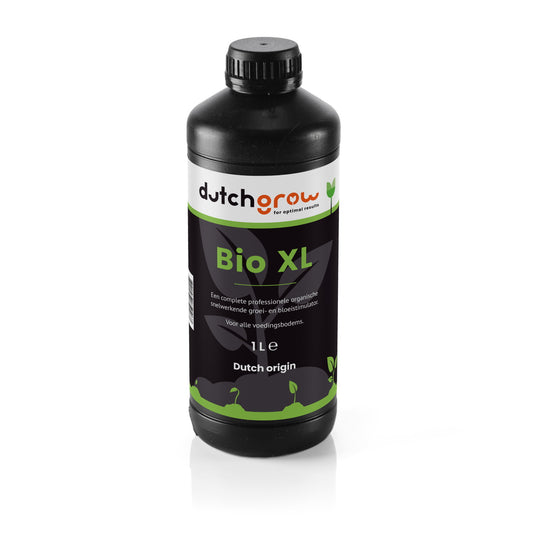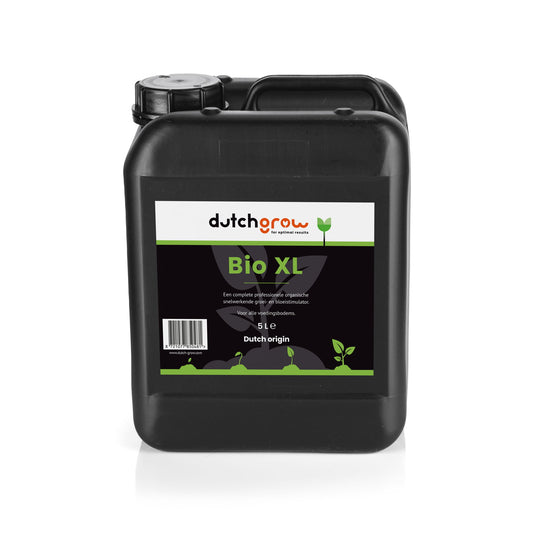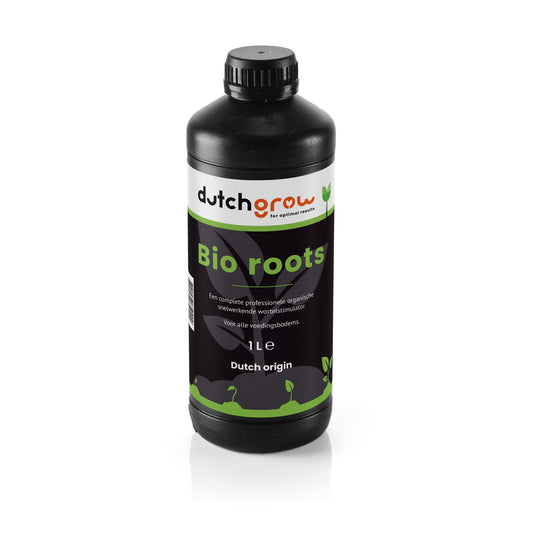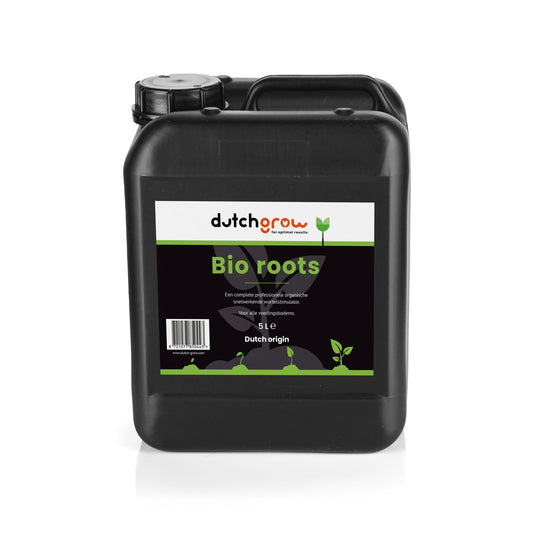
Organic farming
Organic farming refers to an agricultural practice that avoids the use of synthetic pesticides, herbicides, fertilizers, and genetically modified organisms (GMOs). It focuses on improving and maintaining soil health, the ecological system, and biodiversity. Organic farming is based on the principle of working in harmony with nature, rather than against it.
Core Principles of Organic Farming:
- Soil Health: The foundation of organic farming lies in caring for the soil. A healthy soil, rich in organic matter and microorganisms, is essential for providing the nutrients plants need to grow.
- Biodiversity: Promoting a wide range of plant and animal species helps create a balanced ecosystem. This reduces the need for chemical interventions, as natural predators keep harmful insect populations in check.
- Natural Plant Nutrition: Organic farming utilizes compost, animal manure, cover crops, and other organic materials as natural sources of nutrients for plants.
- Natural Pest and Disease Control: Instead of synthetic pesticides, organic growers use natural predators of pests, disease-resistant crop varieties, and cultural practices to keep crops healthy.

Embracing Organic Farming:
For growers, transitioning to organic farming means committing to these principles and practices. It requires a long-term vision and a deep understanding of local ecosystems. Growers must be willing to invest in soil health, experiment with different crops and cultivation methods, and continuously learn from nature.
Certification
To sell products as organic, growers must comply with strict regulations and be certified by recognized organizations. This process ensures consumers that the products they are buying are truly organic.
Benefits and Challenges
Organic farming offers numerous benefits, such as improved soil health, higher biodiversity, and reduced exposure to harmful chemicals for both growers and consumers. However, it also presents challenges, such as lower yields in the early years and higher labor and management costs.
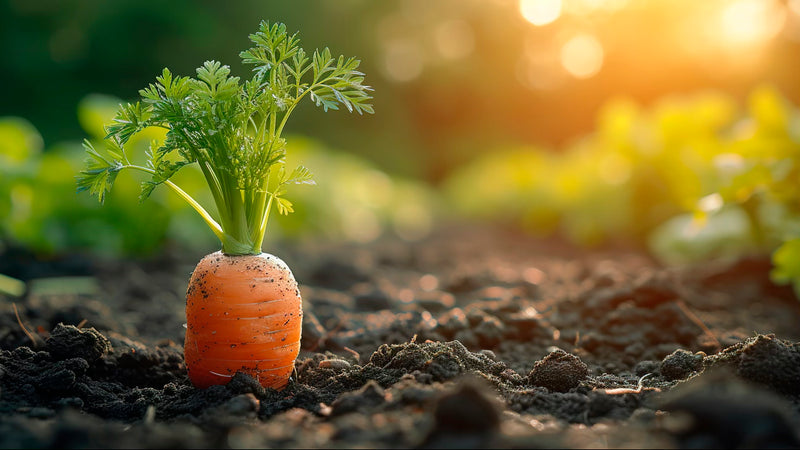
Benefits of Organic Fertilizers
Organic fertilizers remarkably improve the structure and fertility of the soil. They increase the organic matter content, which is essential for water retention and nutrient availability in the soil. This results in more robust plants and richer soil life. Additionally, they offer a sustainable alternative to synthetic fertilizers, the use of which often leads to negative environmental effects such as nutrient leaching and water pollution.
The biodiversity in the soil thrives with the use of organic fertilizers, which is crucial for natural nutrient cycles and pest and disease control. This approach supports a healthy and resilient agricultural environment.
Minimizing Potential Drawbacks with DutchGrow Bio
While organic fertilizers offer numerous benefits, they also come with challenges such as variability in nutrient composition and sometimes slower nutrient availability for plants. DutchGrow Bio products, designed in liquid form, effectively address these drawbacks. The liquid form allows for more precise dosing, leading to optimal nutrient delivery to the plants. This reduces uncertainty about nutrients and ensures that plants receive the necessary nutrients at the right time, resulting in healthier growth and higher yields.
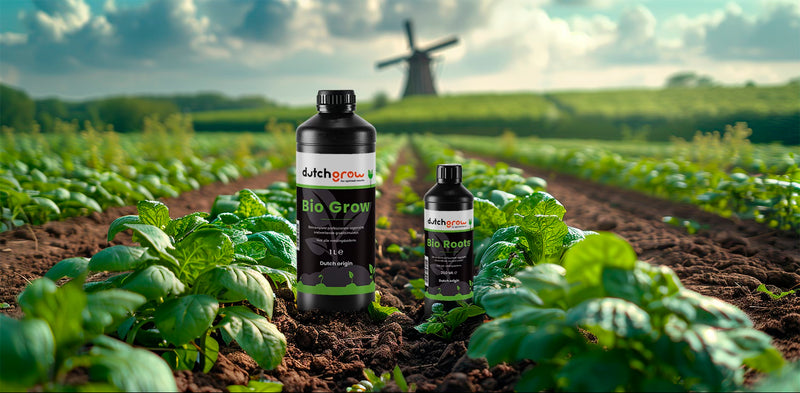
DutchGrow Bio Products: A Deeper Dive
DutchGrow Bio offers various products specifically tailored to the needs of plants during different growth stages. Each product provides unique benefits:
- Bio Bloom: This bloom feed supports fruit formation and enhances the natural flavors of the plant, with special attention to changing nutrient needs during the flowering phase.
- Bio Roots: Stimulates healthy root development, essential for water and nutrient uptake, resulting in strong and resilient plants.
- Bio XL: A bloom stimulator that not only contributes to a richer yield but also enhances flavor by stimulating photosynthesis and sugar production in the fruits.
These products, developed with a focus on sustainability and quality, improve soil quality and biodiversity without the drawbacks of traditional organic fertilizers. They are free from animal organisms and rich in plant nutrients, making them safe for both the plant and the end consumer.
By combining the benefits of organic fertilization with innovative solutions to traditional challenges, DutchGrow Bio products underscore the potential of organic fertilizers in modern agriculture. They provide a practical and effective means for growers striving for sustainability without compromising on quality or productivity. This highlights the essential role that such advanced solutions can play in feeding the growing world population in an environmentally friendly and sustainable manner.
DutchGrow Organic Products
-
DutchGrow Bio Starter Kit
Regular price €39,90 EURRegular priceUnit price / per€46,15 EURSale price €39,90 EURSale -
DutchGrow Bio Starter Kit Mini
Regular price €22,50 EURRegular priceUnit price / per€32,41 EURSale price €22,50 EURSale -
DutchGrow Bio Grow
Regular price From €5,40 EURRegular priceUnit price / per -
DutchGrow Bio Bloom
Regular price From €6,60 EURRegular priceUnit price / per -
DutchGrow Bio XL
Regular price From €13,50 EURRegular priceUnit price / per -
DutchGrow Bio Roots
Regular price From €15,20 EURRegular priceUnit price / per


